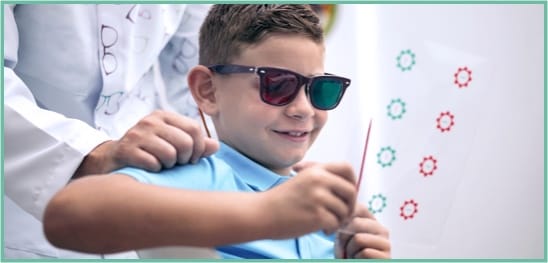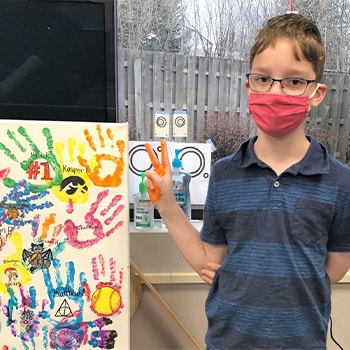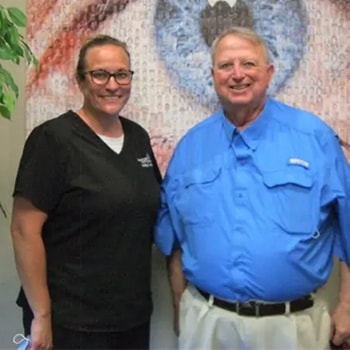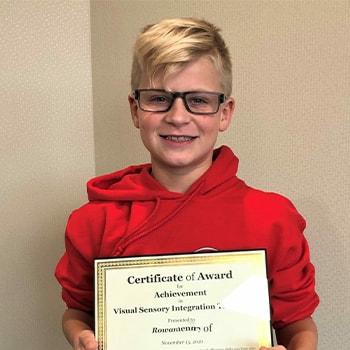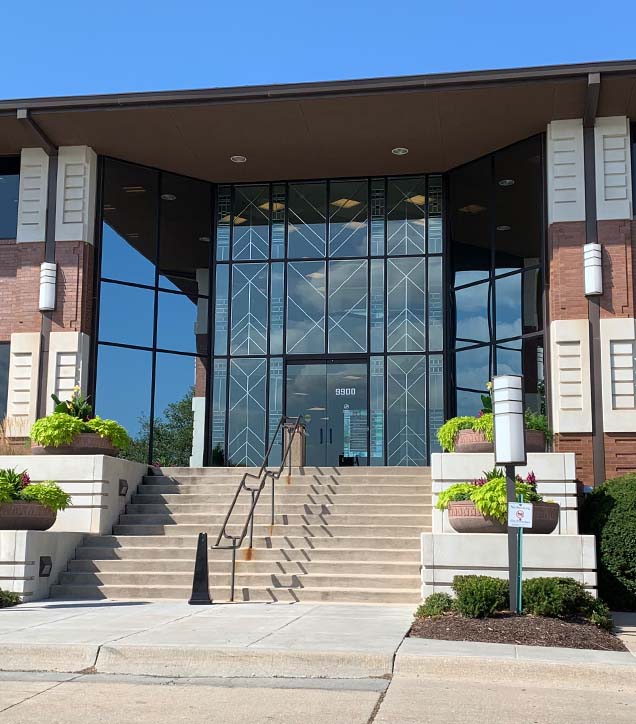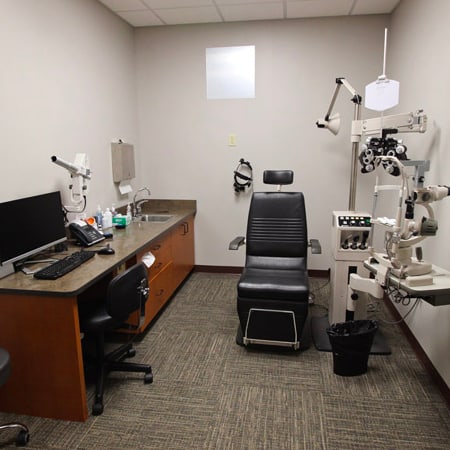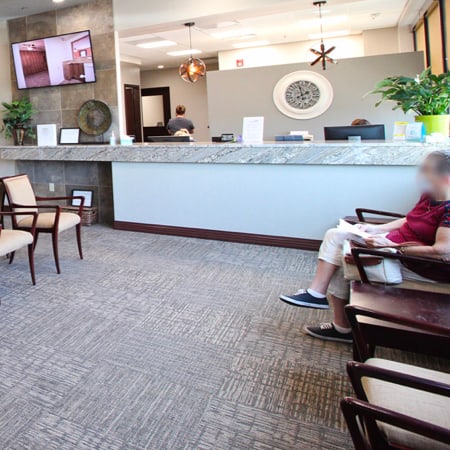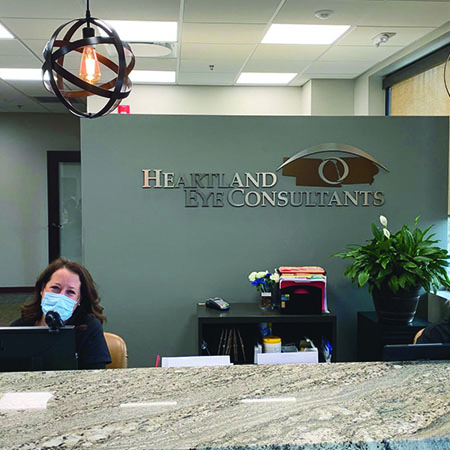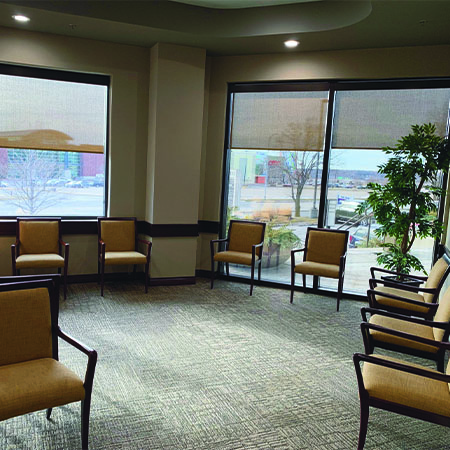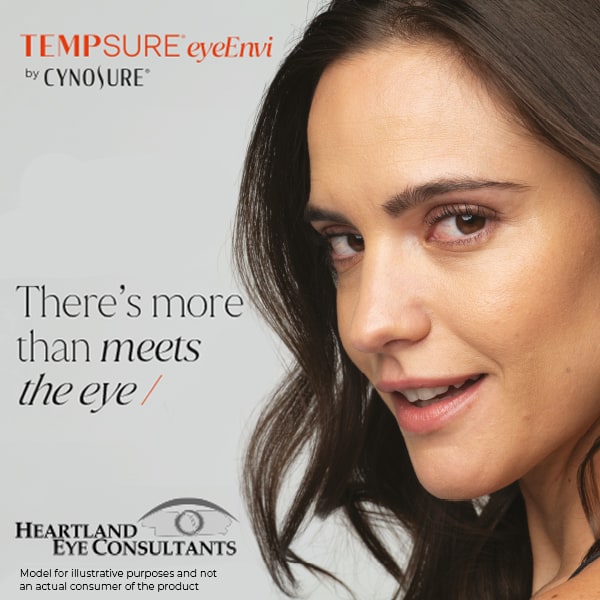From Harvard Magazine
“We tend to think of a traumatic injury as a simple, physical process, like a cut or bruise. But Zafonte, chair of the department of physical medicine and rehabilitation at Harvard Medical School (HMS), says it is more accurate to think of TBI as a disease, because its effects extend well beyond the physical injury and can unfold over long periods of time. Unlike the damage resulting from a stroke, which is often localized to one part of the brain, traumatic injuries often affect many areas of the brain in sometimes unpredictable ways.”
Concussions, the most common brain injuries, occur when a rapid rotational acceleration to the head—such as a hit or fall—causes a temporary loss of brain function. Brain scans usually will show no visible damage and there is no structural damage to the head from these injuries, but symptoms can range from slight headaches to loss of consciousness or seizures.
Concussions can cause a measurable drop in cognitive function even after one incident and as most people do recover, sometimes function can be permanently impaired especially as a subject experiences subsequent injuries. As multiple injures are incurred, often the symptoms are more dramatic and in some cases permanent.1
From Heartland Eye Consultants
Targeting the right symptoms is the key to helping children who’ve suffered a concussion make a full recovery. Take a look at the following website for more information on the return-to-learn policy and how it involves vision.
Children’s concussion can cause vision and learning problems.
From the NORA website
There is an extremely high incidence (greater than 50%) of visual and visual-cognitive disorders in neurologically impaired patients (traumatic brain injury, cerebral vascular accidents, multiple sclerosis etc.) Rosalind Gianutsos, Ph.D.2
“Visual-perceptual dysfunction is one of the most common devastating residual impairments of head injury”. Barbara Zoltan, M.A., O.T.R.2
“The majority of individuals that recover from a traumatic brain injury will have binocular function difficulties in the form of strabismus, phoria, oculomotor dysfunction, convergence and accommodative abnormalities”. William Padula, O.D.2
References
- Harvard Magazine, The Traumatized Brain: Investigating injury, recovery, and repair
Courtney Humphries
March-April 2012
http://harvardmagazine.com/2012/03/the-traumatized-brain - NORA, Introduction to Vision & Brain Injury
Thomas Politzer, O.D. Former NORA President
https://nora.memberclicks.net/vision-and-brain-injury








